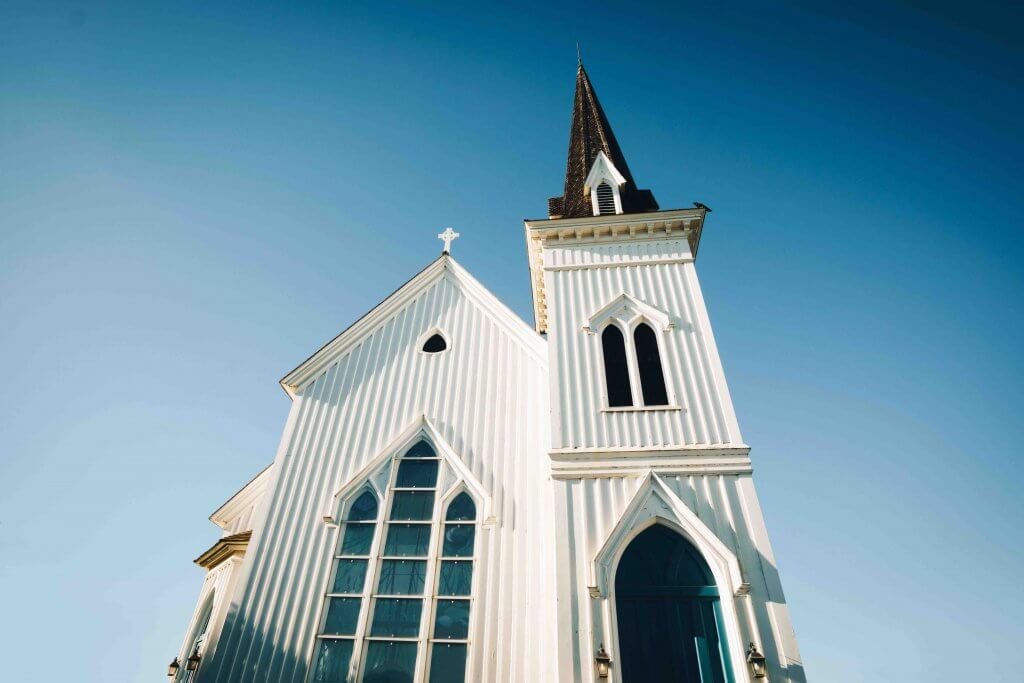Supreme Court Rejects Church’s Shutdown Challenge
November 20th, 2020

The Supreme Court of the United States recently turned down a request from a California church to block enforcement of state restrictions concerning attendance at religious services. In a 5-4 vote, Chief Justice Roberts joined the four liberals on the court to gain a majority to deny the church’s shutdown challenge. Meanwhile, Justices Thomas, Alito, Gorsuch, and Kavanaugh dissented.
How the Shutdown Challenge Arose
The case was initiated by the South Bay United Pentecostal Church, which is located in Chula Vista, California. The church argued that California Governor Gavin Newsom lost sight of the church’s “special status” regarding constitutional matters when formulating lockdown restrictions. Lawyers for the church also claimed that while Covid-19 was a national tragedy, it was just as tragic if federal judges violated “fundamental” constitutional rights.
The church reportedly seats 600 individuals with each service bringing in approximately 200 to 300 congregants. California’s guidelines, however, permitted the church to only welcome 100 congregants with no explanations for this cap. Meanwhile, the church claimed that no comparable limitations existed for manufacturing and warehousing facilities.
Consequently, the church issued a shutdown challenge by requesting the justices block a ruling from a three-judge Ninth Circuit panel which held that shutdown orders did not single out houses of worship for unfavorable treatment.
The Holding on the Shutdown Challenge
A majority of the United States Supreme Court held that because COVID-19 is a highly contagious and often deadly disease for which there is no known cure, the regulation was necessary. The court further noted that there were not sufficient enough details to “convert the constitutional Bill of Rights into a suicide pact.”
In a concurring opinion, Chief Justice Roberts wrote that California’s restrictions on worship are consistent with the free exercise clause of the First Amendment. As part of its ruling, the Supreme Court noted that it would permit churches to file a new motion for appropriate relief if circumstances warrant.
The Dissent
In a dissenting opinion, Justice Kavanaugh wrote that the church merely wants to be treated equally to comparable secular businesses. The dissent also noted that California expects residents as well as businesses to adhere to proper social distancing regulations. The state of California, the dissent argued, should not be able to assume the worst in prayer-settings but the best the rest of the time.
Continue Reading
The Supreme Court’s ruling stands as a first attempt to balance public health concerns against the degree to which the United States Constitution protects religious freedom. This ruling also expands the Supreme Court’s engagement with the coronavirus after previous rulings regarding voting during the pandemic.
Each week, the Universal Life Church’s blog focuses on documenting the most noteworthy cases in the ongoing dispute between church and state. While religious separation first arose with the creation of the United States Constitution, there are still many cases that test the exact relationship between these issues. Our blog strives to document these cases in a way that examines both sides fairly.


